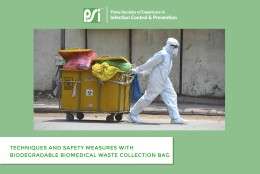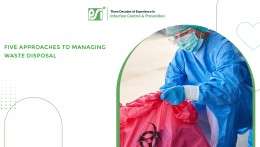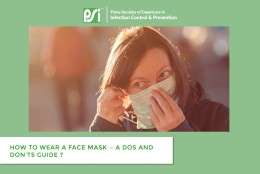One of the best Surgical Disposables company. I am dealing with them for the past 5 years,
their products are world-class. Their approach to trade is professional. All the best wishes to
them.
From Fabric to Protection: A Closer Look at Medical Mask Manufacturers
- By: Plasti Surge Industries
knx7.jpg)
Medical mask manufacturers have played an indispensable role in safeguarding public health, particularly amid the relentless challenges posed by the COVID-19 pandemic. These dedicated industry leaders have been at the forefront of the battle against infectious diseases, ensuring the production of life-saving medical masks. In a world where face coverings have become a symbol of responsible citizenship, the meticulous work of medical mask manufacturers cannot be understated. Their commitment to sourcing high-quality raw materials, adhering to rigorous standards, and innovating to meet evolving needs has been instrumental in protecting both healthcare professionals and the general populace. Let’s delve into the intricate journey from fabric to protection, shedding light on the critical steps and considerations in the production of medical masks.
Importance of Medical Masks
Medical masks, crafted with precision by dedicated medical mask manufacturers, serve as a formidable defense against the transmission of infectious diseases. These vital protective barriers play a dual role in curbing contagion. Firstly, they shield healthcare workers on the frontlines, reducing the risk of exposure to pathogens while caring for patients. Secondly, they extend their protective embrace to the general public, serving as a critical tool in limiting the community's spread of diseases. By trapping respiratory droplets and viruses, medical masks mitigate the chances of viral transmission, making them a cornerstone of public health strategy, particularly during pandemics. The commitment of medical mask manufacturers to quality and innovation ensures that these defenses remain effective and accessible to all.
Raw Materials
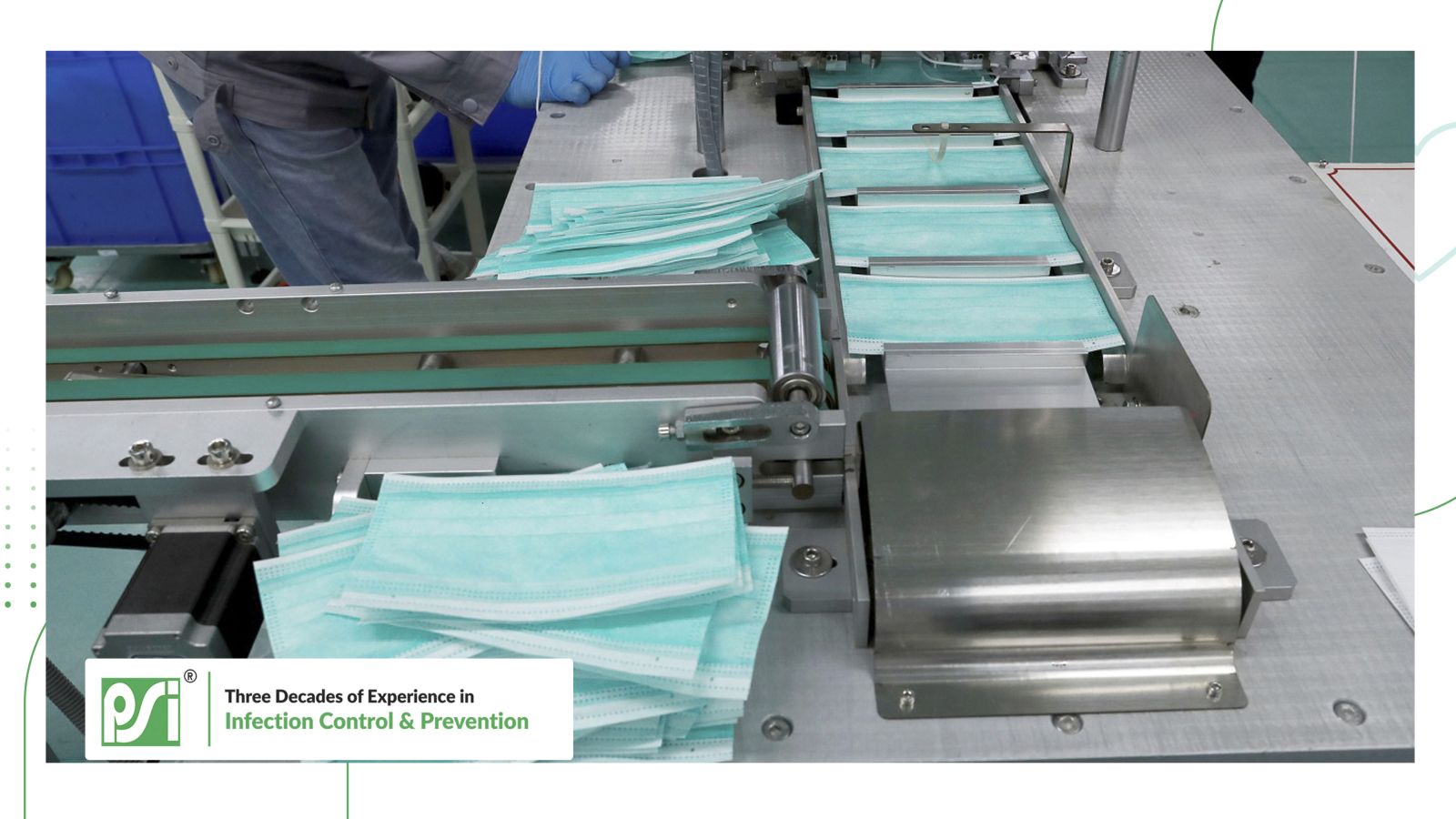 Medical masks are crafted with precision using a combination of specific raw materials, each playing a crucial role in their effectiveness. The primary raw materials include non-woven fabric, melt-blown fabric, and elastic bands:
Medical masks are crafted with precision using a combination of specific raw materials, each playing a crucial role in their effectiveness. The primary raw materials include non-woven fabric, melt-blown fabric, and elastic bands:
- Non-Woven Fabric: This is the foundational layer of a medical mask. Non-woven fabric is a web of fibers that are compressed together to form a porous, breathable sheet. It serves as the outer and inner layers of the mask. These layers provide structural integrity, comfort, and durability. The non-woven fabric allows for breathability while also acting as a barrier to trap respiratory droplets.
- Melt-Blown Fabric: This is the heart of the mask, positioned between the non-woven layers. Melt-blown fabric is made from micro-sized fibers that are randomly dispersed to create a dense filtration layer. Its intricate web structure is designed to capture tiny particles, including bacteria and viruses. Melt-blown fabric is responsible for the mask's high filtration efficiency.
- Elastic Bands: Elastic bands, often positioned at the sides of the mask, ensure a secure and comfortable fit. They allow the mask to snugly adhere to the wearer's face, minimizing gaps that could lead to unfiltered air entering or exiting. Elastic bands are crucial in maintaining the mask's effectiveness and preventing air leakage.
These raw materials are carefully selected for their specific attributes, and the combination of these elements ensures that medical masks effectively filter and protect against the transmission of infectious agents. The quality and composition of these materials are critical aspects of mask production, and they are meticulously managed by medical mask manufacturers to meet stringent standards.
Non-Woven Fabric
Non-woven fabric is the unsung hero of mask production. Its significance lies in a delicate balance between filtration capabilities and breathability. As the outer and inner layers of a medical mask, non-woven fabric provides structural support and comfort. It enables air to pass through, ensuring wearers can breathe comfortably, while also acting as a barrier that prevents the entry and exit of respiratory droplets. This dual role makes non-woven fabric a vital component, ensuring masks are both protective and wearable.
Melt-Blown Fabric
The role of melt-blown fabric in medical masks cannot be overstated. Positioned at the heart of the mask, it forms the critical filtration layer. Melt-blown fabric is designed with micro-sized fibers, creating a dense, intricate web that captures even the tiniest particles, including microorganisms like bacteria and viruses. This layer is pivotal in preventing the transmission of pathogens, making melt-blown fabric the linchpin of mask effectiveness and a cornerstone of public health during infectious disease outbreaks.
Elastic Bands and Nose Clips
Elastic bands and nose clips are essential for securing masks on the face, ensuring a snug fit and optimal protection. Elastic bands loop around the ears or head, holding the mask firmly in place, preventing air leakage around the edges. Nose clips, often made of bendable metal, conform to the shape of the wearer's nose, further sealing the mask and reducing the fogging of glasses. This combination creates a secure, personalized fit, enhancing comfort and the mask's ability to filter airborne particles effectively.
Manufacturing Process of Medical Masks
Here's a concise step-by-step process for manufacturing medical masks:
- Material Selection: Choose high-quality non-woven fabric and melt-blown fabric.
- Cutting: Cut the fabric into appropriate-sized sheets for mask production.
- Layering: Create multiple layers by stacking non-woven and melt-blown fabric.
- Folding: Fold the layered fabric to form the mask's structure.
- Ultrasonic Welding: Use ultrasonic welding to secure the layers and create pleats.
- Elastic Band and Nose Clip Attachment: Attach elastic bands on the sides for ear loops and nose clips for a secure fit.
- Quality Control: Rigorously inspect masks for defects, ensuring they meet safety and quality standards.
Quality Standards
For medical mask manufacturers, strict adherence to recognized quality standards and certifications, such as ASTM and EN standards, is paramount. These guidelines ensure that masks are safe, effective, and reliable in safeguarding public health. Compliance with these benchmarks underscores the commitment to producing high-quality, reliable products that offer the protection required during healthcare procedures and everyday life, instilling confidence in both healthcare professionals and the general public.
Production Challenges
|
CHALLENGE |
DESCRIPTION |
|
Shortages of Raw Materials |
- Increased global demand led to shortages of non-woven and melt-blown fabrics. |
|
Production Capacity |
- Rapidly escalating demand strains manufacturing capabilities, limiting supply. |
|
Quality Control |
Maintaining rigorous quality control is essential but can be challenging during mass production. |
Market Dynamics
The COVID-19 pandemic triggered a seismic shift in the demand for medical masks, profoundly impacting medical mask manufacturers and the market landscape. Initially considered primarily for healthcare settings, masks became a global necessity. The skyrocketing demand strained supply chains, pushing manufacturers to increase production. As the pandemic progressed, the market diversified to include reusable masks, designer masks, and specialized variants like N95 respirators. While the pandemic's peak demand has waned, a new normal has emerged with a sustained market for medical masks. Manufacturers adapted to evolving needs, emphasizing quality and innovation, ensuring that masks remain integral to public health, even beyond the pandemic.
Sustainability
In response to growing environmental concerns, many medical mask manufacturers are making concerted efforts to embrace sustainability. They are increasingly using eco-friendly materials, opting for biodegradable or recycled fabrics. These initiatives minimize the environmental impact of mask production, reducing plastic waste. Additionally, energy-efficient production methods and responsible waste management are becoming industry standards. Manufacturers are investing in technologies that reduce energy consumption and water usage. By adopting these sustainable practices, they not only contribute to a greener planet but also address growing consumer preferences for environmentally-conscious products. This shift towards eco-friendliness represents a positive step in mitigating the environmental footprint of medical mask manufacturing.
Regulatory Compliance
The production of medical masks is subject to a stringent regulatory framework to ensure safety and quality. Various regulatory bodies, such as the FDA in the United States, Health Canada, and the European Medicines Agency, have established guidelines. These standards encompass the choice of materials, manufacturing processes, and quality control measures. Adherence to these regulations is crucial, as it guarantees that medical masks effectively protect wearers and prevent the spread of diseases, instilling trust in both healthcare professionals and the general public.
Innovation in Mask Technology
Medical mask technology has seen remarkable innovations to enhance protection and user comfort. Reusable masks, designed for multiple uses, reduce waste and environmental impact. Antimicrobial coatings are being applied to mask surfaces to inhibit microbial growth. Smart masks equipped with built-in sensors can monitor air quality and the wearer's vital signs. These innovations not only improve safety and hygiene but also cater to evolving needs, providing a glimpse into the future of medical mask design, where sustainability and advanced functionalities converge.
Global Supply Chain
The medical mask supply chain is a globally interconnected network encompassing various stakeholders. Raw material suppliers provide the essential fabrics and components to manufacturers. Medical mask manufacturers craft the masks. Distributors play a vital role in the logistics and distribution of these products. End-users, including healthcare facilities and the general public, form the final link in this chain. This global collaboration is crucial for ensuring the efficient production and distribution of medical masks to address public health needs worldwide.
Future Trends
The future of medical mask manufacturing holds exciting prospects. Innovations in design may yield masks with improved comfort, breathability, and style, making their use more widespread. Advanced materials may include biodegradable or self-disinfecting fabrics, enhancing sustainability and safety. Distribution methods may become more agile, with local production facilities reducing dependence on long supply chains. Additionally, 3D printing technology could enable on-demand, customized mask production. The ongoing emphasis on quality, regulatory compliance, and technological advancements will ensure that medical mask manufacturing remains adaptable and resilient, providing efficient solutions in public health crises and beyond.
Conclusion
Medical mask manufacturers, like those at https://www.psidispo.com/, are the unsung heroes of public health. Their unwavering commitment to producing high-quality masks has been a linchpin in safeguarding communities during the most challenging times, such as the COVID-19 pandemic. These dedicated professionals have demonstrated exceptional resilience and innovation to meet the soaring demand for protective gear. As we express our gratitude for their tireless efforts, it's important to recognize that medical mask manufacturers play a pivotal role in our collective safety. Let's support them by continuing to prioritize mask-wearing and adherence to public health guidelines. Together, we can overcome any health crisis that comes our way.
One of the best companies to partner with. Very responsive and best product quality.
Good experience and corporation for many years. Timely services are provided.
We have been associated with PSI since more than 20 years now. They have superior products, prompt service & courteous people. Using PSI’s products in turn makes our customer happy and helps us to do more business. Overall truly delighted with their customer service.

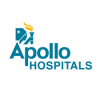


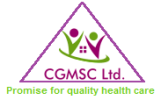
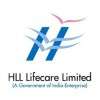
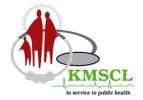



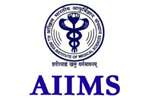
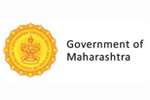
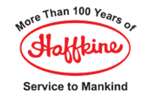
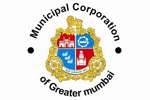
_iCEz.jpeg)
 +91-7798800781
+91-7798800781
